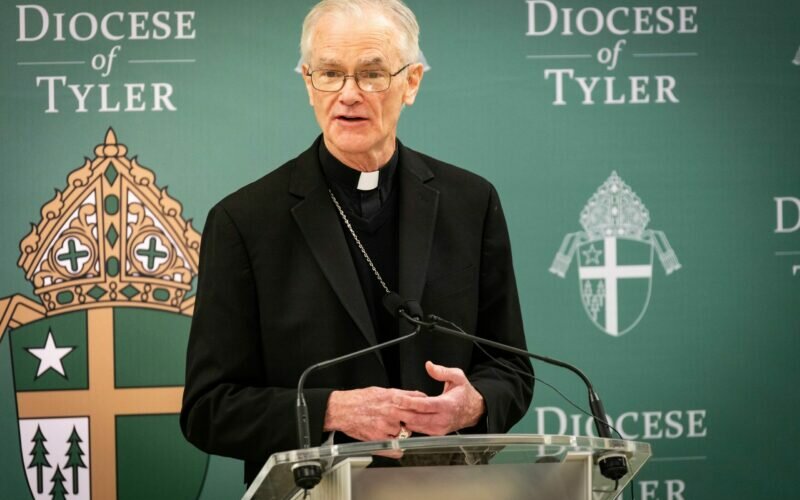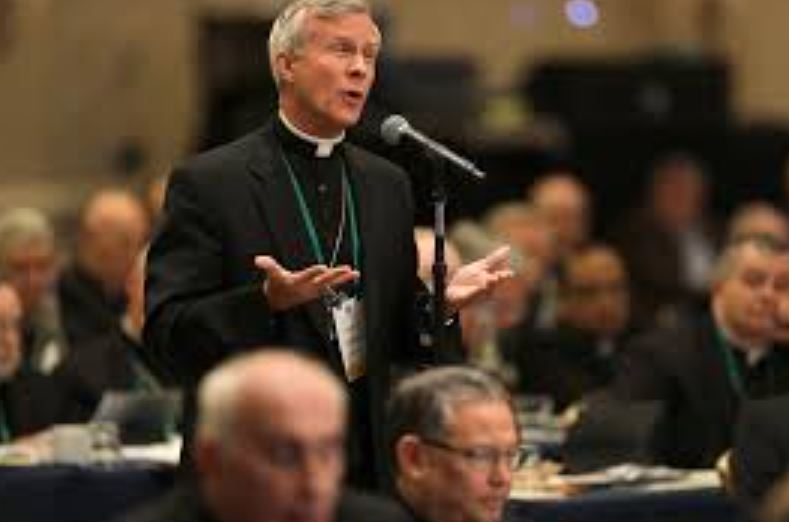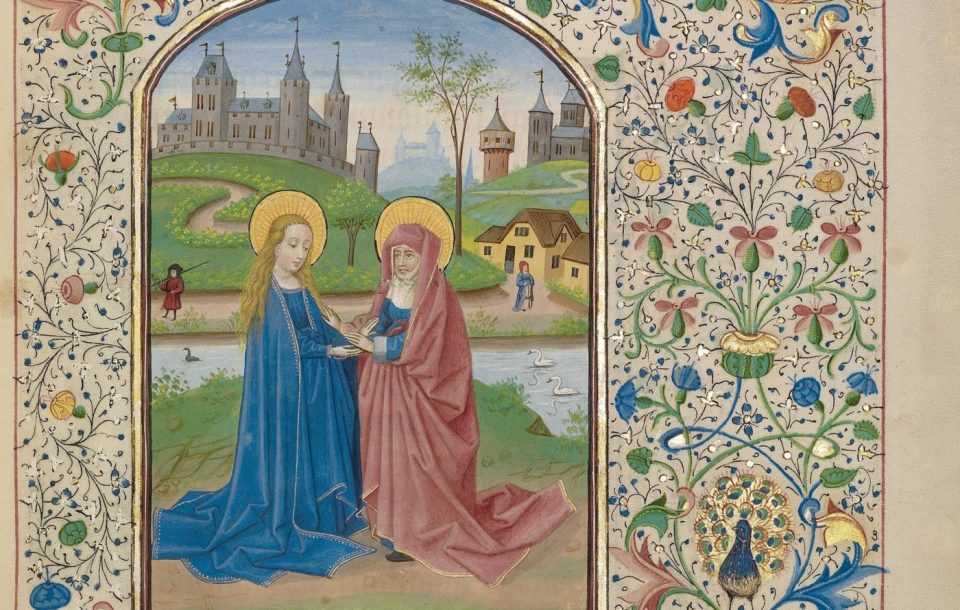By Donald DeMarco, EWTN News, 3/9/19
In his book Religion and the Modern State, the eminent Catholic historian Christopher Dawson (1889-1970) may have startled many readers when he made the comment that “European culture had already ceased to be Christian in the 18th century.”
To be sure, Christianity was not extinguished at that time. Rather, it lingered on, not as a dominant cultural force, but nonetheless influential in the lives of individuals and in the commitments of small communities.
For Dawson, the dominant faith of the succeeding century was liberalism, which lived off the capital it inherited from Christianity. It emphasized rights but not duties, freedom but not responsibilities, justice but not truth, conscience without principles, sex without procreation and compassion without real love. But liberalism, one-sided as it is, cannot sustain itself and inevitably tends toward a form of uniform or monolithic secularism.
In Dawson’s words, “Once society is launched on the path of secularization it cannot stop at the half-way house of Liberalism; it must go on to the bitter end, whether that end be Communism or some alternative type of ‘totalitarian’ secularism.”
Liberalism, as we observe it in the contemporary world, stretches what were once Christian values to the point where they begin to war against themselves. The legalization of homosexual practices and same-sex “marriages” offer illuminating examples. The present consortium of what were once considered sexual deviants represent a liberalization of sexuality on the one hand, but an intolerance toward traditionalists on the other, sometimes to the point of violence.
By refusing to capitulate to such intolerant demands, many employers have been heavily fined, and several bakeries, florists and bed-and-breakfast establishments have been driven out of business. Individuals have lost their jobs simply for defending traditional marriage. Hate speech is virtually defined as speaking against the new mores.
In Canada, the issuance of postage stamps and coins to promote same-sex “marriage” is a strong indication of a rejection of any opposition and the cultivation of a totalitarian movement. Asserting that same-sex “marriage” is “equal” means that Christian marriage is no longer distinctive.
The famous Catholic convert Malcolm Muggeridge (1903-1990) has made the comment that whenever there is “some drastic readjustment of accepted moral values” and they become the law of the land, the “consequent change in mores soon becomes to be more or less accepted.”
The change to which Muggeridge is alluding is profoundly significant, for it is a change from moral values that are anchored either in the natural law or in the word of God to the arbitrary mores of the people.
The moral values that are part of Christianity have an intelligibility that allows them to be explored, discussed and understood by people of good faith. By contrast, lacking this intelligibility, mores are what people simply demand. Mores must be upheld through intimidation or force, since that cannot be validated through reason.
Feminism provides a good example of this drastic shift from moral values to mores. Rebecca Todd Peters, who is a professor and a Presbyterian minister, has published a book entitled, Trust Women: A Progressive Christian Argument for Reproductive Justice (2018).
The book is remarkable since it is neither “progressive,” “Christian,” an “argument” or in the least concerned with “justice.” It is flagrantly pro-abortion, without any real concern for the nature of the unborn or the consequences of abortion. The direct implication of trusting women is not trusting men or not trusting those women who disagree with the author.
Abby Johnson, who left Planned Parenthood and became a pro-life Catholic, was taken to court in a failed attempt to silence her. Johnson, since she revealed what was going on at Planned Parenthood in her book Unplanned, presumably is not one of those women who could be trusted. Rev. Peters wants a culture that is controlled by feminist will. It is a culture without dialogue because, in such a view, there can be no basis on which dialogue could take place.
It is illustrative of the march of liberalism toward a totalitarian society in which there is but one opinion. Fiorella Nash’s recent book, The Abolition of Woman (Ignatius Press, 2018), however, is the perfect antithesis as well as the logical contradiction of Peters’ effort. In addition, society will find it difficult to suppress the voice of New Wave Feminists: “When our liberation costs innocent lives, it is merely oppression redistributed.”
A culture in which no opposition to the “LGBTQ” agenda or to abortion or to secular feminism is permitted clearly epitomizes totalitarianism.
Nonetheless, like liberalism, neither can a totalitarian regime sustain itself indefinitely, for it lacks the realism that is needed to nourish the souls of its citizens.
The true Christian wants to remain a Christian. He finds himself in a culture that is increasingly Christophobic. He wants to honor the moral rights of the individual, to practice virtues that are based on the natural law, to be charitable toward the poor, to establish loving marriages and to raise children in the faith.
The Christian’s task in the present climate where liberalism is slouching toward totalitarianism is particularly difficult.
Christopher Dawson’s book does not leave the reader without hope: “The only thing that can stand against such forces is the spiritual vitality of the Christian community. If every Christian has an intellectual grasp of Christian principles and a living interest in his religion, it will be impossible to suppress Christianity even in a Communist State.”
The Christian can no longer rely on culture to support his Christian life.
He must be more assertive, both as an individual and within his community. He is at odds with an environment that is essentially anti-religious, one that abides no rival to liberal secularism.
Nonetheless, he has God’s indelible word on his side. Therefore, his prayer life must be strong and his faith must be sturdy enough to withstand the slanders and injustice that will come his way. In a word, he must be more capable than his enemy.
Donald DeMarco, Ph.D., is professor emeritus at St. Jerome’s University in Canada and an adjunct professor at Holy Apostles College and Seminary in Cromwell, Connecticut.
http://www.ncregister.com/daily-news/how-to-survive-secular-totalitarianism







